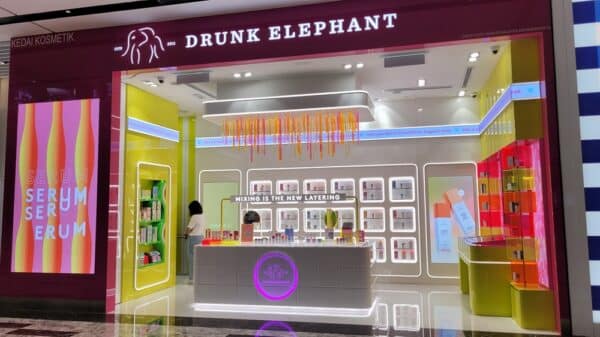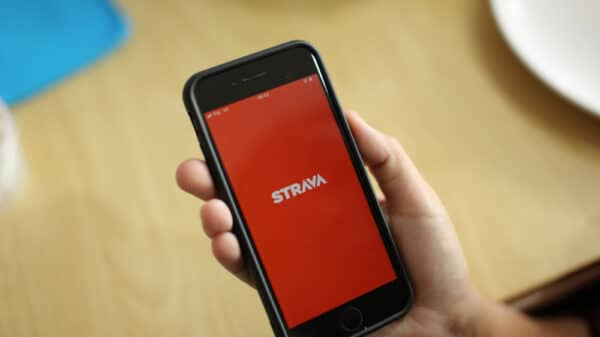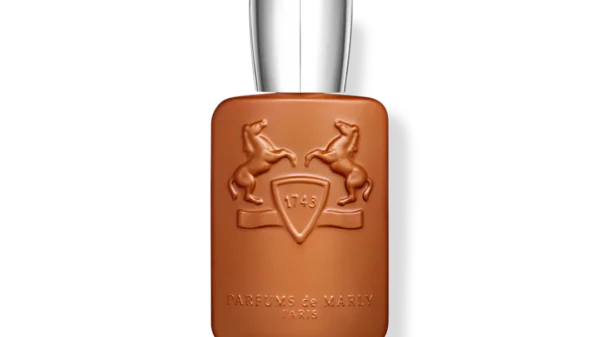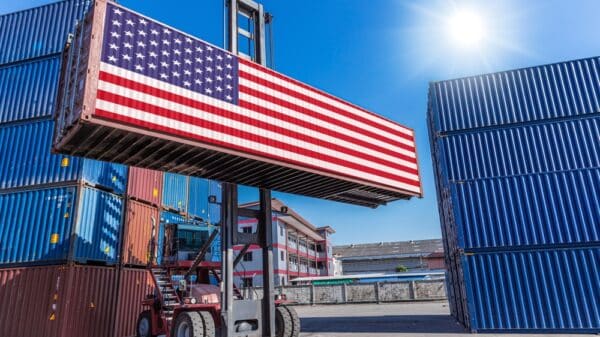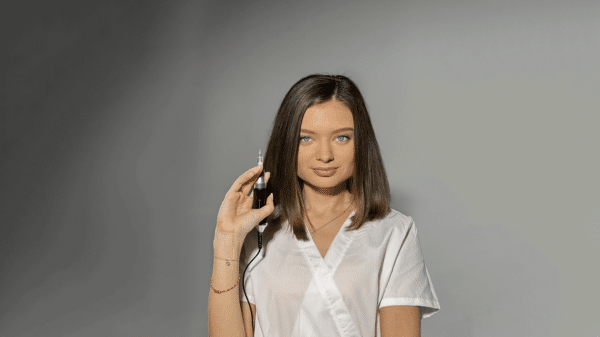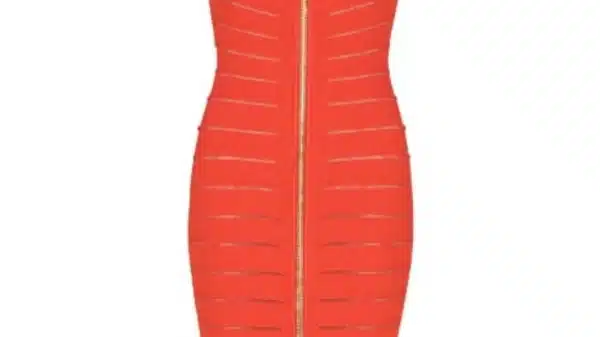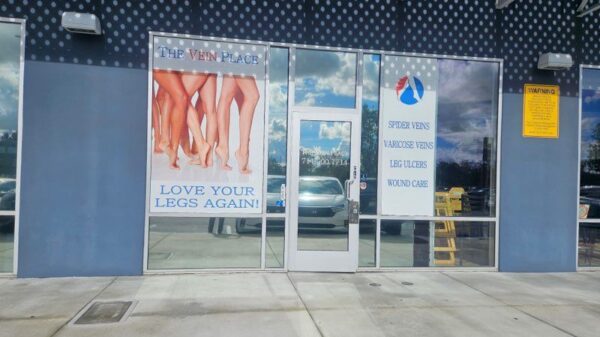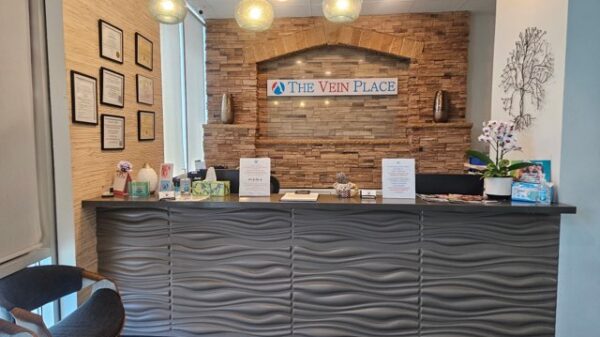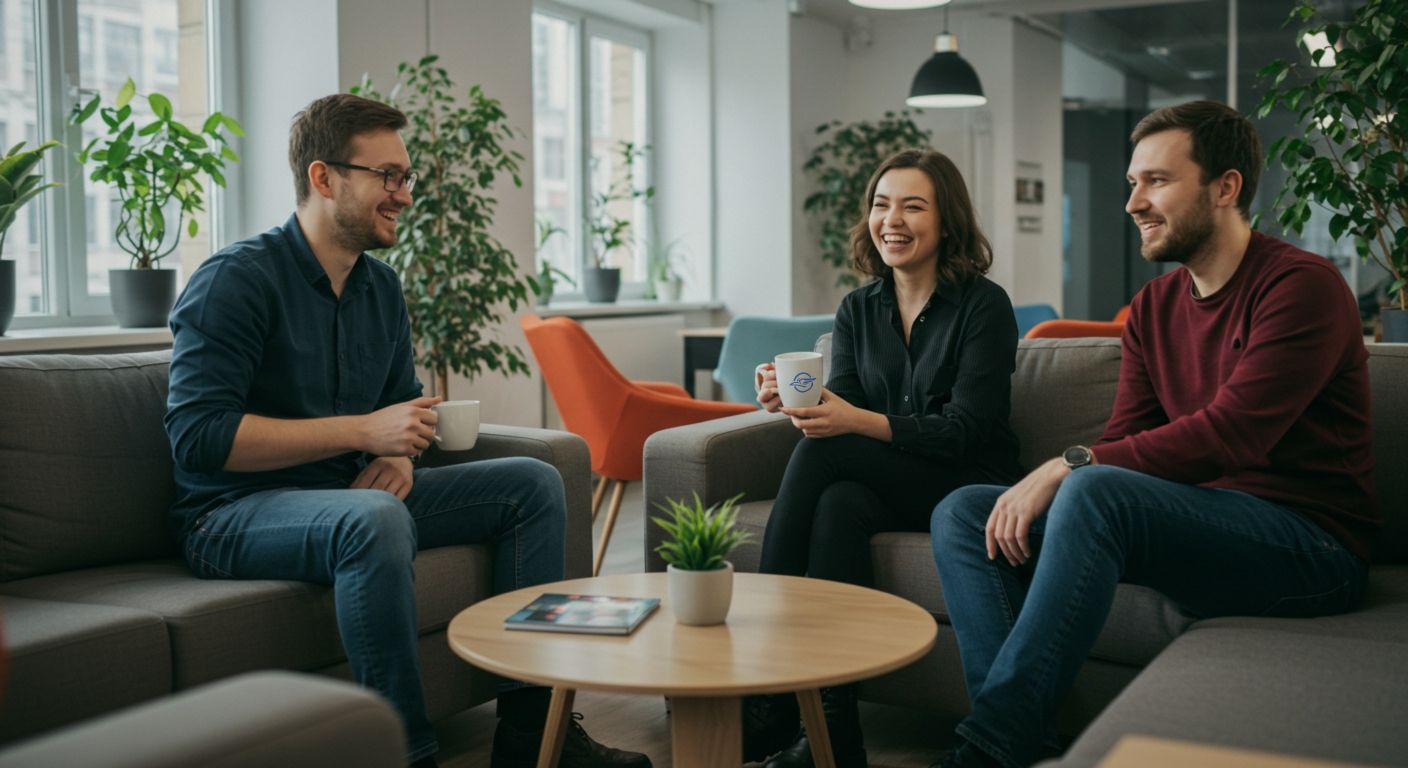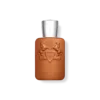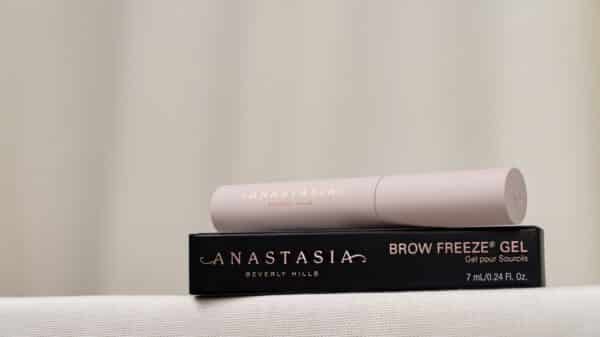In the past, success in business was often associated with luxury items such as expensive watches or designer handbags. Today, this perception is changing. As companies lose millions due to employee burnout, the focus is shifting toward something deeper. It is no longer just about financial capital. The real asset is the ability to stay mentally sharp and focused while under pressure. Dmitriy Skripachev, CEO of AO “Navigator”, views this mental resilience as the new status marker.
He believes that traditional symbols show external success, while modern ones are linked to mental performance. In today’s economy, the quality of thinking has a direct effect on financial results. A personal VR space is not seen as an indulgence, but as a powerful and practical tool that helps individuals stay competitive.
Thanks to technology, managing one’s mental state has become easier and more efficient. Skills that once required years of discipline can now be applied within minutes.
When a leader feels overwhelmed, it can affect the entire team. Projects fall apart, mistakes are made, and opportunities are lost. Usual methods like taking vacations or attending workshops offer only short-term relief. The pressure returns quickly, and most programs focus on managing schedules rather than managing mental load. In moments of crisis, these methods often fail to provide immediate help.
A personal VR environment offers a clear solution. It is not about escaping reality, but about restoring mental strength in a focused and controlled way. Instead of general relaxation, users gain specific and measurable benefits. These include lower stress levels, improved concentration, and enhanced creative thinking.
This process works on a neurological level. Carefully designed visuals and sounds, including binaural audio, influence brain activity. They help the brain shift from a tense state to a more relaxed one. Virtual settings such as a Japanese garden, a peaceful alpine house, or a calm yacht on the sea are chosen for their strong impact. These scenes allow users to reset their nervous systems and restore focus in just 15 minutes.
Just as a high-performing executive relies on productivity tools to stay organized, they now also require tools to stay mentally balanced. A personal VR space is becoming an essential part of the modern professional’s toolkit. It is no longer about comfort or entertainment. It is about protecting and strengthening a person’s most valuable resource, which is the ability to make clear and effective decisions.
According to Dmitriy Skripachev, the most successful people today are not those who work the longest hours, but those who recover the fastest and most effectively. Choosing to ignore tools that support mental recovery is no longer a conservative choice. It is a strategic risk. In the near future, VR systems are expected to connect with biometric sensors. This will allow the virtual environment to respond in real time to the user’s emotional and physical state.


